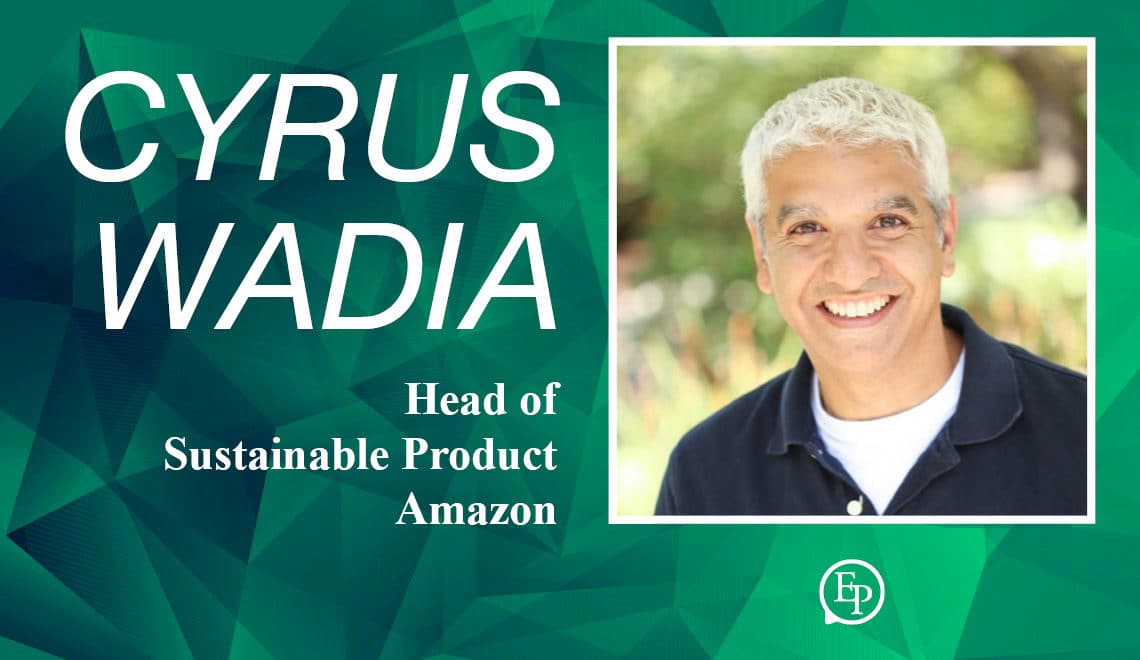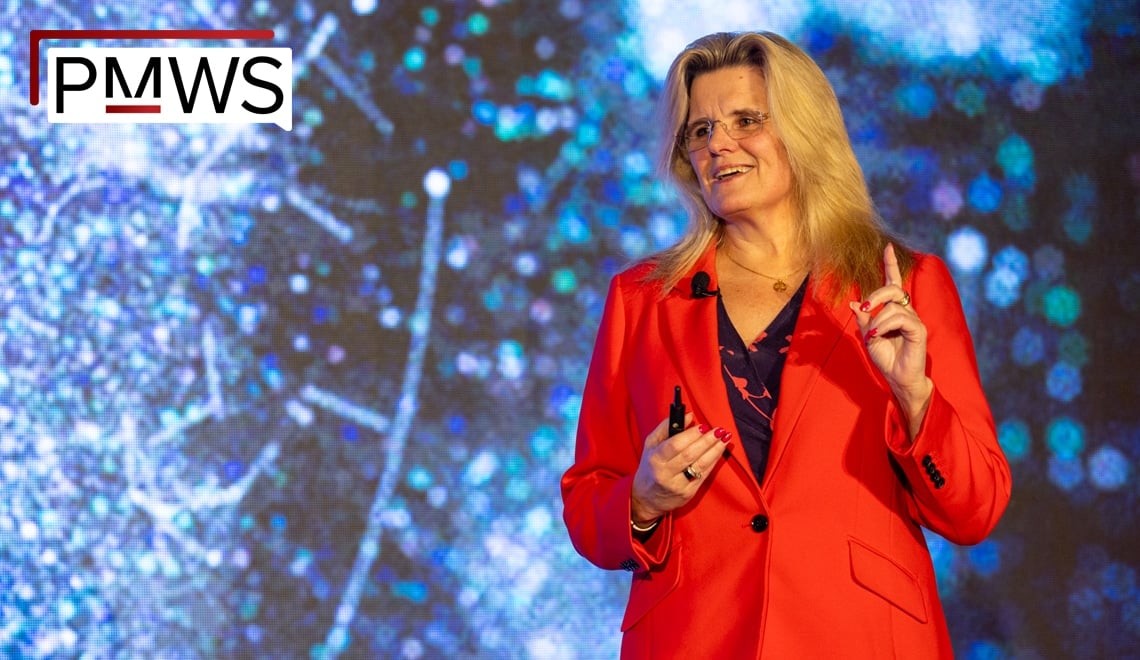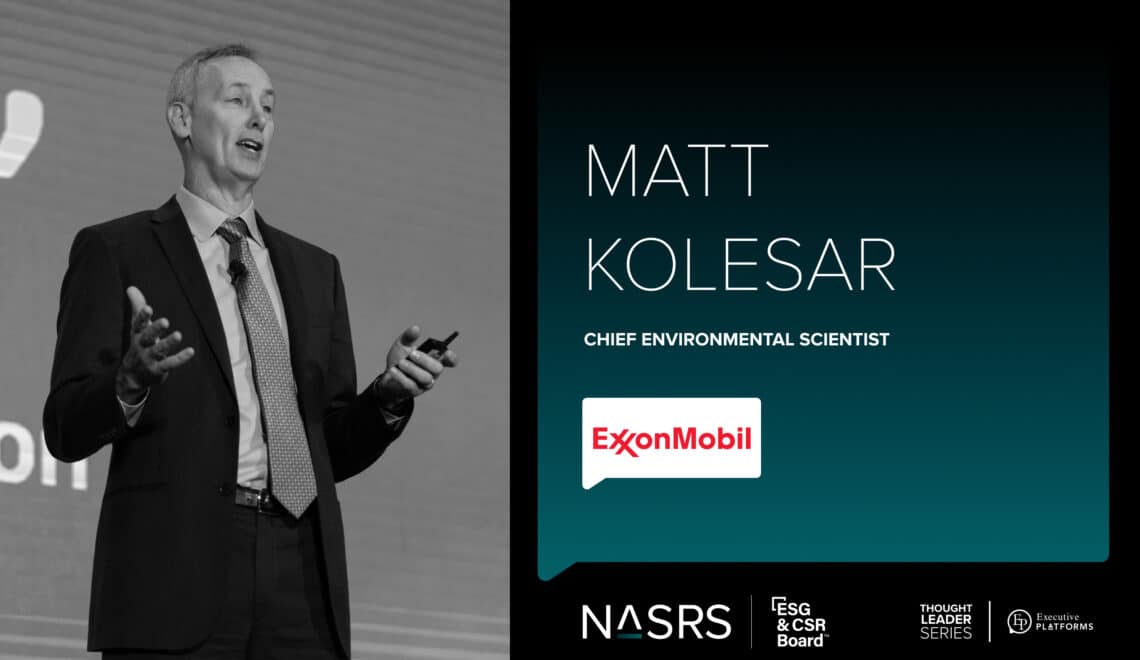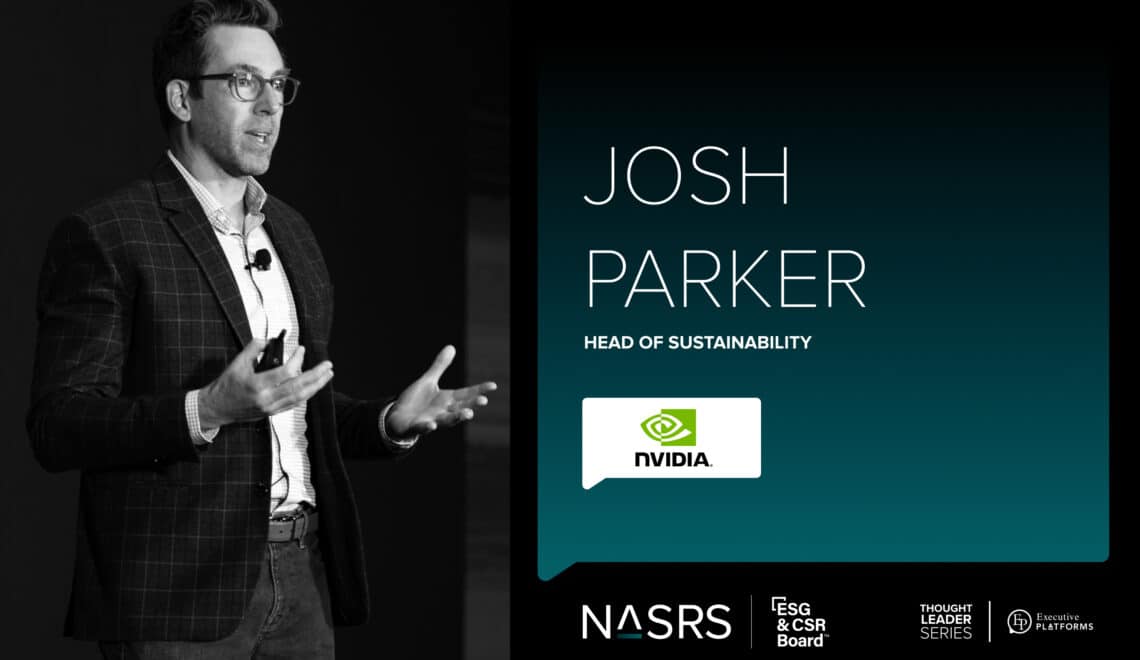- As part of Amazon’s mission to be Earth’s most customer-centric company, Amazon is giving customers access to more sustainable products, from thousands of Amazon-branded products it develops and manufactures, to millions of retail and third-party items sold in Amazon’s store. If we built our business practices around sustainability first and foremost, what would change about how our products and processes look and perform?
- What are consumers’ expectations of Amazon related to sustainability and what is Amazon doing to innovate on behalf of customers across product development, packaging, and more?
- In 2020, Amazon launched Climate Pledge Friendly, a program that uses sustainability certifications to highlight products that support its commitment to help preserve the natural world. How does this dedicated program make it easier for customers to discover and shop for more sustainable products
- Offering examples of how Amazon is building a sustainable business for its employees, customers, and communities and how other organizations can apply its methods to their own journeys
- In 2019, Amazon co-founded The Climate Pledge, a commitment to meet the goals of the Paris Agreement 10 years early—and become net-zero carbon by 2040. What does this mean in practice, and what does it mean for the company’s operations looking forward?
- Discussing the impact of setting ambitious climate goals that both challenge organizations and also build momentum for creating change at scale
Cyrus Wadia
Head of Sustainable Product
Amazon
Dr. Cyrus Wadia is the Head of WW Product Sustainability at Amazon where he is leading a retail transformation by raising the sustainability standards for all product sold on Amazon as well as making it easier for customers on Amazon to discover and shop for those products. Prior to Amazon, Cyrus was the Vice President, Sustainable Business & Innovation for Nike where he was responsible for Nike’s rapid acceleration of sustainability in new product innovation, enterprise risk mitigation, and the modernization of Nike’s brand and consumer engagement strategy. Cyrus served as an Assistant Director in the White House Office of Science and Technology Policy between 2010 and 2015. There he advised the Obama administration and introduced new budgetary and legislative initiatives in: energy, climate, advanced materials innovation, manufacturing, and mining. In this role, Cyrus was responsible for the creation and expansion of more than $1 billion in new budgetary initiatives and led the development of the nation’s first policy framework and strategy on critical minerals. Between 1996 and 2010, Cyrus held many leadership roles as a Silicon Valley entrepreneur, a senior program officer at Lawrence Berkeley National Lab and the founding member and Co-Director of the Haas School of Business Cleantech to Market initiative. Cyrus holds a Ph.D. in Energy & Resources from U.C. Berkeley, and an M.S. and S.B. in Chemical Engineering from MIT.

















